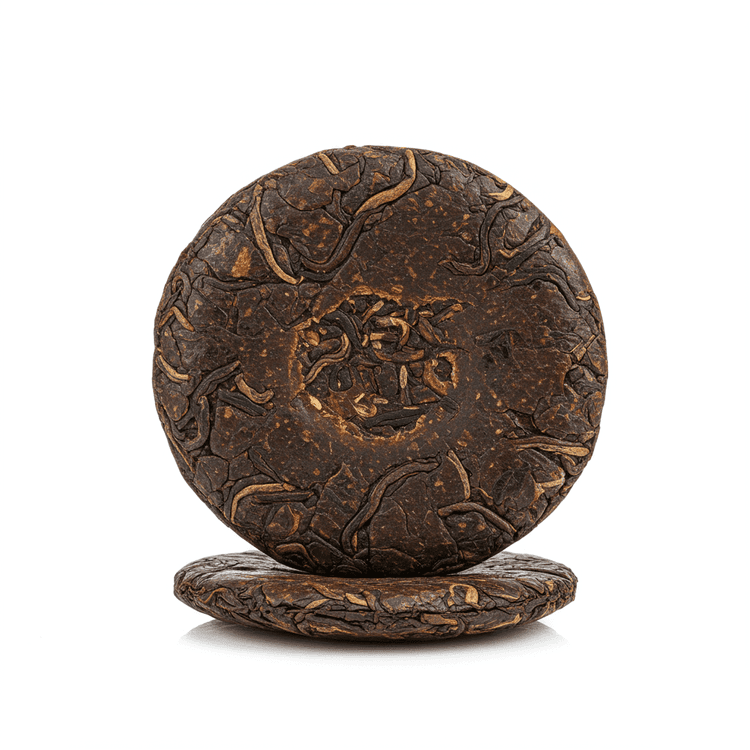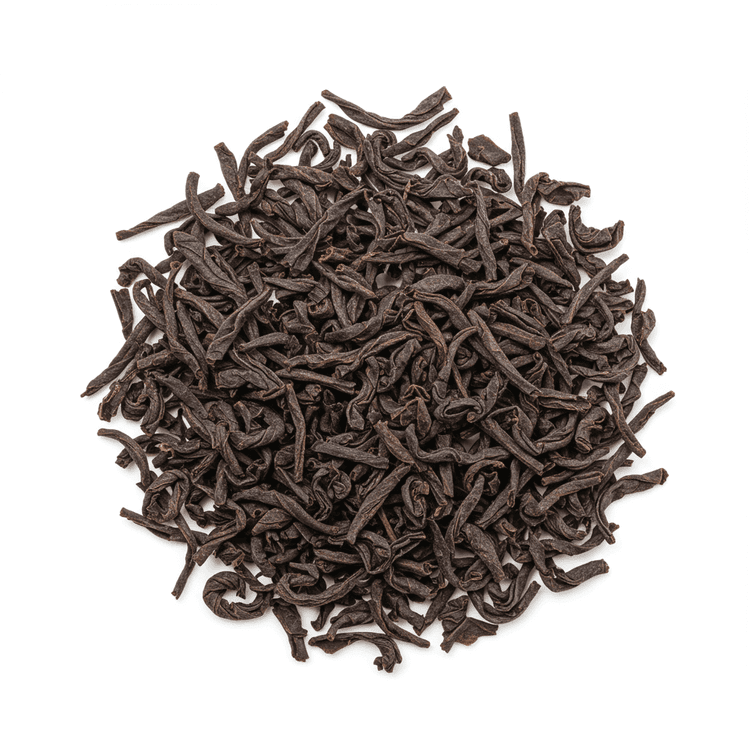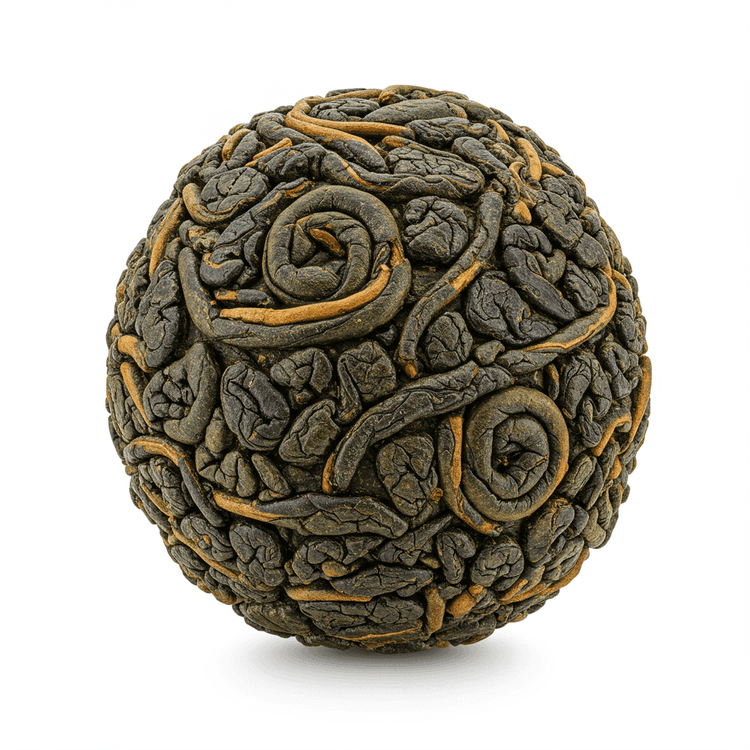
Pu-Erh Tea
Pu-erh tea, also spelled Puer or Pu'erh, is a unique type of fermented tea traditionally produced in the Yunnan province of China. This aged tea boasts a distinctive earthy and slightly sweet flavor profile, often described as having notes of damp earth, wood, and sometimes a hint of camphor. Pu-erh tea comes in two main varieties: raw (sheng) and ripened (shou). Raw pu-erh offers a bolder, more astringent taste that evolves over time with proper aging, while ripened pu-erh undergoes an accelerated fermentation process, resulting in a smoother, mellower character with a darker, almost black liquor. The leaves themselves are typically compressed into cakes, bricks, or other shapes, adding to the tea's collectible and age-worthy nature. Whether you prefer a complex and evolving raw pu-erh or the comforting smoothness of ripened pu-erh, this fermented tea offers a unique and rewarding tea-drinking experience.
Common Uses
- Used to make traditional Chinese tea, sipped hot, to enjoy its earthy and complex flavor profile. The brewing method varies to achieve the perfect cup, often involving multiple infusions.
- It can be used as a cooking liquid. Pu-erh tea infused water can be used to braise meats like duck or pork. The tea's tannins tenderize the meat and impart an earthy aroma.
- Pu-erh tea can be added to tea blends to add an earthy and fermented flavour to other teas.
- Used to make iced tea, by brewing it strong and pouring it over ice for a refreshing earthy drink during warmer days.
- It can be incorporated into tea lattes. Steeped pu-erh can be mixed with steamed milk and a sweetener for a comforting and flavorful latte.
- Used in tea-smoked dishes. Tea leaves are smoked to impart a unique smoky flavour to meats.
Nutrition (per serving)
Nutrition (per serving)
Calories
2.0kcal (0.1%)
Protein
0.0g
Carbs
0.5g (0.18%)
Sugars
0.0g
Healthy Fat
0.0g
Unhealthy Fat
0.0g
% Daily Value based on a 2000 calorie diet
Nutrition (per serving)
Calories
2.0kcal (0.1%)
Protein
0.0g
Carbs
0.5g (0.18%)
Sugars
0.0g
Healthy Fat
0.0g
Unhealthy Fat
0.0g
% Daily Value based on a 2000 calorie diet
Health Benefits
- May improve cholesterol levels and support heart health.
- Rich in antioxidants that help fight free radicals and reduce oxidative stress.
- Can aid in weight management by potentially influencing fat metabolism.
- Supports gut health due to its probiotic-like effects, promoting a balanced microbiome.
- May improve mental alertness and focus due to its caffeine and L-theanine content.
- Traditionally used to aid digestion, especially after heavy meals.
Substitutes
Chefadora AI is here.
Experience smarter, stress-free cooking.
Storage Tips
Pu-erh tea is best stored in a cool, dry, and dark place, away from strong odors and humidity. An airtight container or wrapped tightly in its original packaging, placed inside a storage tin, will help maintain its flavor and prevent it from absorbing unwanted smells. Unlike some other teas, pu-erh can benefit from aging, but proper storage is key to preventing spoilage. Avoid storing it near spices or in the refrigerator, as these can negatively impact its taste and aroma. For long-term storage, ensure consistent, stable conditions.
Marnirni-apinthi Building, Lot Fourteen,
North Terrace, Adelaide, South Australia, 5000
Australia



